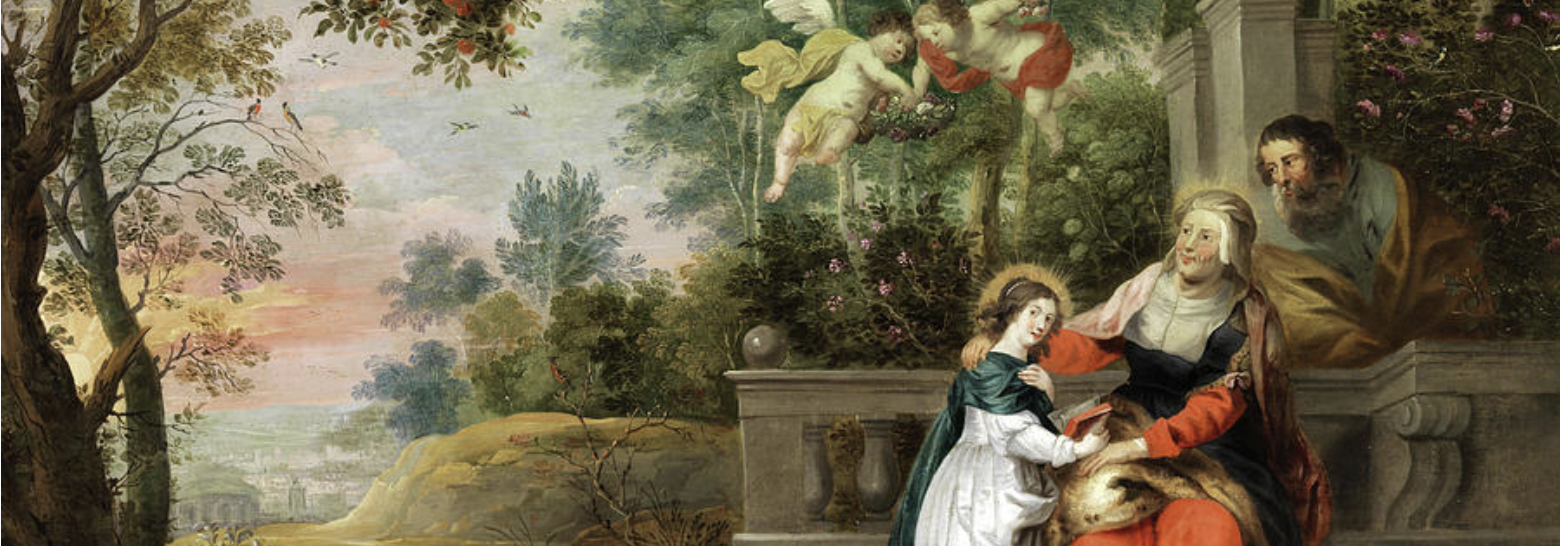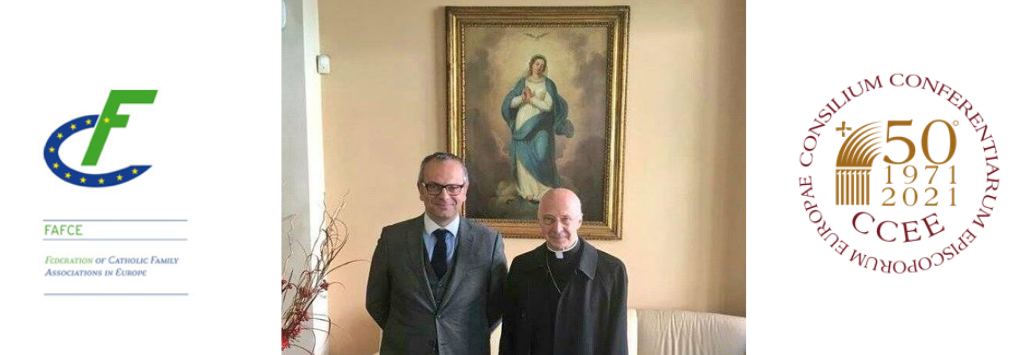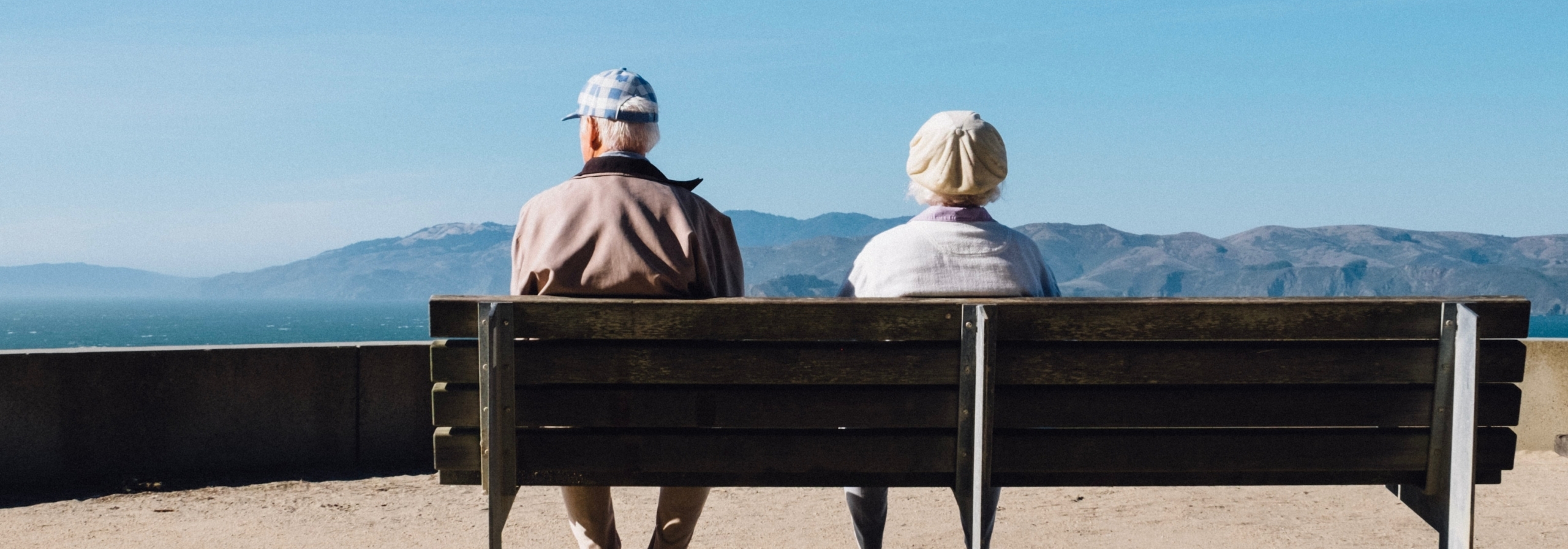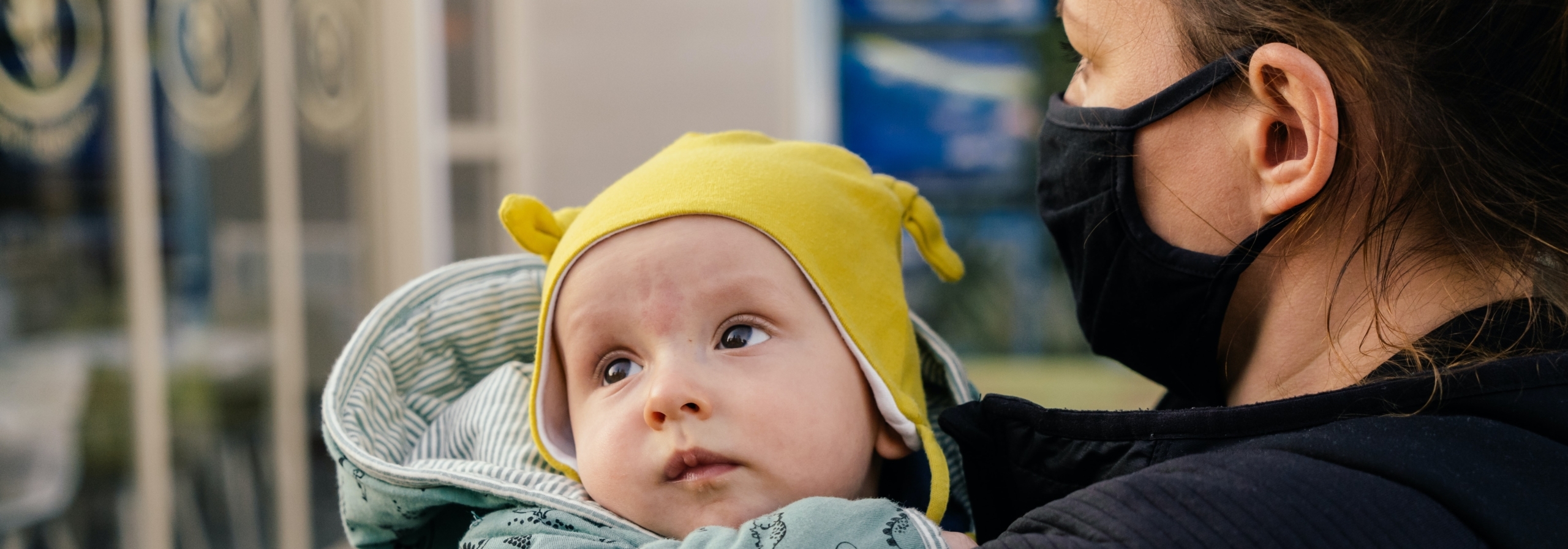Art & Family
The Family is very connected with Art. In this page we would like to encourage families with all their members to live with Art and to make of art by their lives living their faith.
As John Paul II Pope said in 1999 in its Letter to the Artists “Society needs artists, just as it needs scientists, technicians, workers, professional people, witnesses of the faith, teachers, fathers and mothers, who ensure the growth of the person and the development of the community by means of that supreme art form which is “the art of education”. Within the vast cultural panorama of each nation, artists have their unique place. Obedient to their inspiration in creating works both worthwhile and beautiful, they not only enrich the cultural heritage of each nation and of all humanity, but they also render an exceptional social service in favor of the common good.
The particular vocation of individual artists decides the arena in which they serve and points as well to the tasks they must assume, the hard work they must endure and the responsibility they must accept. Artists who are conscious of all this know too that they must labour without allowing themselves to be driven by the search for empty glory or the craving for cheap popularity, and still less by the calculation of some possible profit for themselves. There is therefore an ethic, even a “spirituality” of artistic service, which contributes in its way to the life and renewal of a people. It is precisely this to which Cyprian Norwid seems to allude in declaring that “beauty is to enthuse us for work, and work is to raise us up”.
The distinction between the moral and artistic aspects is fundamental, but no less important is the connection between them. Each conditions the other in a profound way. In producing a work, artists express themselves to the point where their work becomes a unique disclosure of their own being, of what they are and of how they are what they are. And there are endless examples of this in human history. In shaping a masterpiece, the artist not only summons his work into being, but also in some way reveals his own personality by means of it. For him art offers both a new dimension and an exceptional mode of expression for his spiritual growth. Through his works, the artist speaks to others and communicates with them. The history of art, therefore, is not only a story of works produced but also a story of men and women. Works of art speak of their authors; they enable us to know their inner life, and they reveal the original contribution which artists offer to the history of culture. A noted Polish poet, Cyprian Norwid, wrote that “beauty is to enthuse us for work, and work is to raise us up”. The theme of beauty is decisive for a discourse on art. It was already present when I stressed God’s delighted gaze upon creation. In perceiving that all he had created was good, God saw that it was beautiful as well. The link between good and beautiful stirs fruitful reflection. In a certain sense, beauty is the visible form of the good, just as the good is the metaphysical condition of beauty. This was well understood by the Greeks who, by fusing the two concepts, coined a term which embraces both: kalokagathía, or beauty-goodness. On this point Plato writes: “The power of the Good has taken refuge in the nature of the Beautiful”.
Tate Gallery is inviting us to Explore how artists have responded to the theme of Family
National Gallery Art is inviting you to Discover a variety of multi-generational programs
Kids and Families. The Met Museum has so much to offer kids and their families
What We Can Learn from the First World Day of Grandparents and the Elderly
28 July 2021 On Sunday, July 25th, Pope Francis celebrated the first World Day for Grandparents and the Elderly, which he instituted earlier this year. This was an important milestone in the pontificate of Pope Francis, who has focused on
Summer Message from Our President
Together with our Member Associations and with your help, we will continue to defend the dignity of human procreation and of every person throughout her/his life. Our work touches upon a great diversity of topics, yet it only echoes the fact that the family is the heart and starting point of all society: in fact, as Pope Francis told us in 2017, our “wide gamut of activities is summed up in integral service to the family”.
European Union Moves Forward in its Fight Against Online Child Sexual Abuse
The main thrust of the mechanisms outlined in the report is that the providers of “number-independent interpersonal communications services”, i.e. digital communication tools other than phones, must scan user content for online child sexual abuse material or child solicitation and remove it from their servers. T
PRESS RELEASE | FAFCE and CCEE Sign a Memorandum of Understanding
9 July 2021 JOINT PRESS RELEASE Family associations at the service of the Church and the common good Agreement between the Federation of Catholic Family Associations in Europe (FAFCE) And the Council of the European Bishops’ Conferences
The European Parliament Approves a Report on Ageing Packed with Pro-Family Measures
Unpaid care work is still work...The fact that national pension schemes do not reflect it is a major cause of social exclusion and old-age poverty, especially amongst women. Until the European Union and its Member States plug this gaping hole in the EU’s social contract, the ambitious social objectives advanced in the report will be stymied.
Council of Europe: Parliamentary Assembly calls for supporting parents in the prevention of child poverty and the post-pandemic socio-economic crisis
6 July 2021, On the 22nd of June 2021, the Parliamentary Assembly of the Council of Europe (PACE) adopted two Reports and Resolutions at the Summer Session, focusing on the socio-economic impacts of the Covid-19 pandemic. A Resolution on







